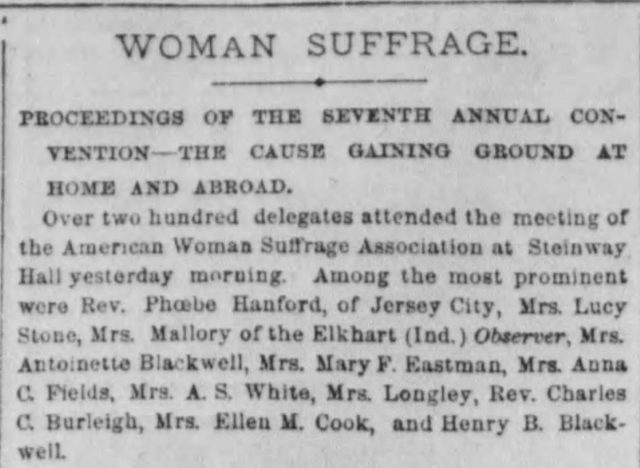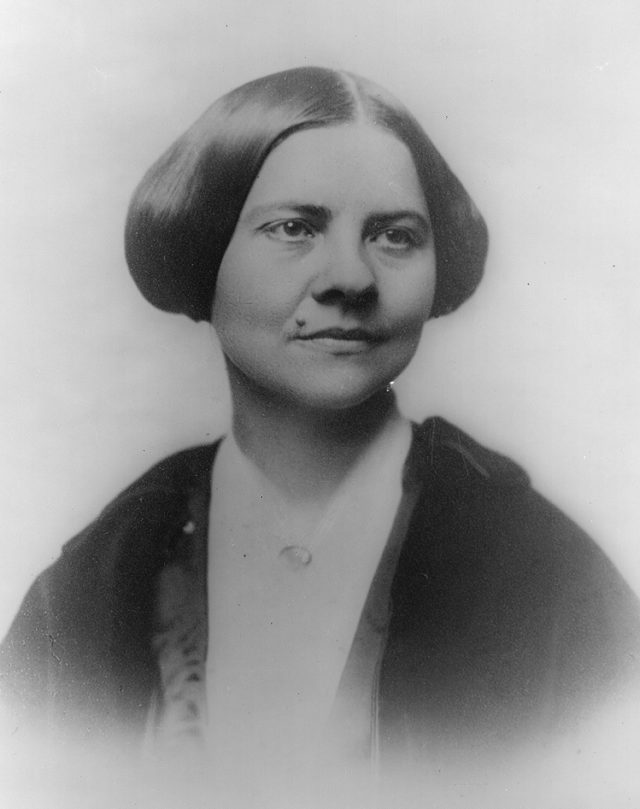“I expect to start Tuesday p.m. of Sept. 5”
Lavinia Goodell, August 27, 1871
During this week in 1871, thirty-two year old Lavinia Goodell left New York City and her job at Harper’s Bazar behind and boarded the first of a series of trains that would take her to Janesville, Wisconsin where she would live for the remaining eight and a half years of her life.

Lavinia’s departure from New York was unexpected. In June 1871, her sister and brother-in-law, Maria and Lewis Frost, with whom Lavinia’s elderly parents had been living on the south side of Janesville, rather abruptly announced they were moving out of the area. Apparently it was not possible for the elder Goodells to accompany them, and they could not manage a household on their own, so rather than them relocating back to the east coast, where they had lived until moving to Wisconsin in 1870, Lavinia decided to move to Janesville to help care for them.
Continue reading →














